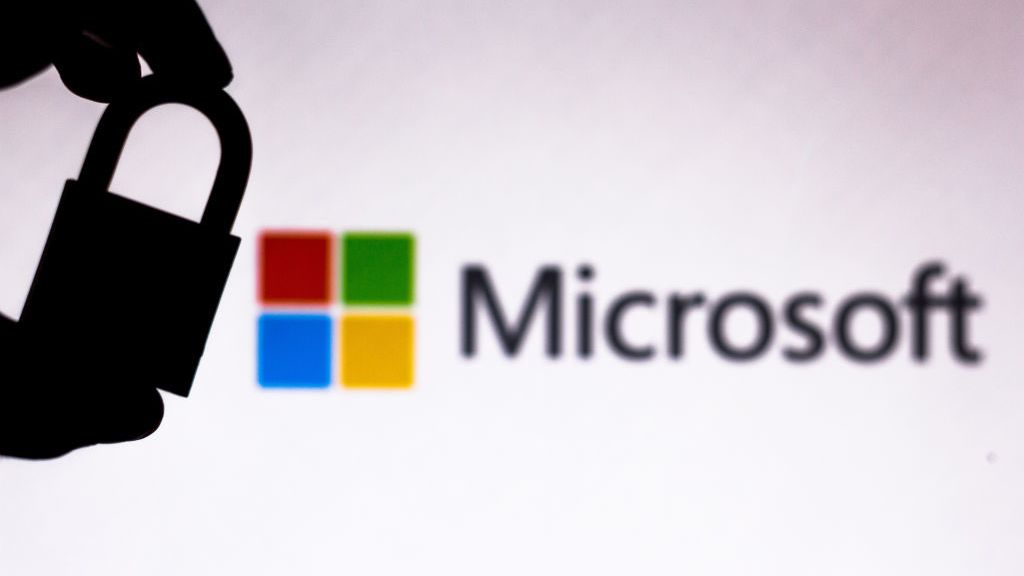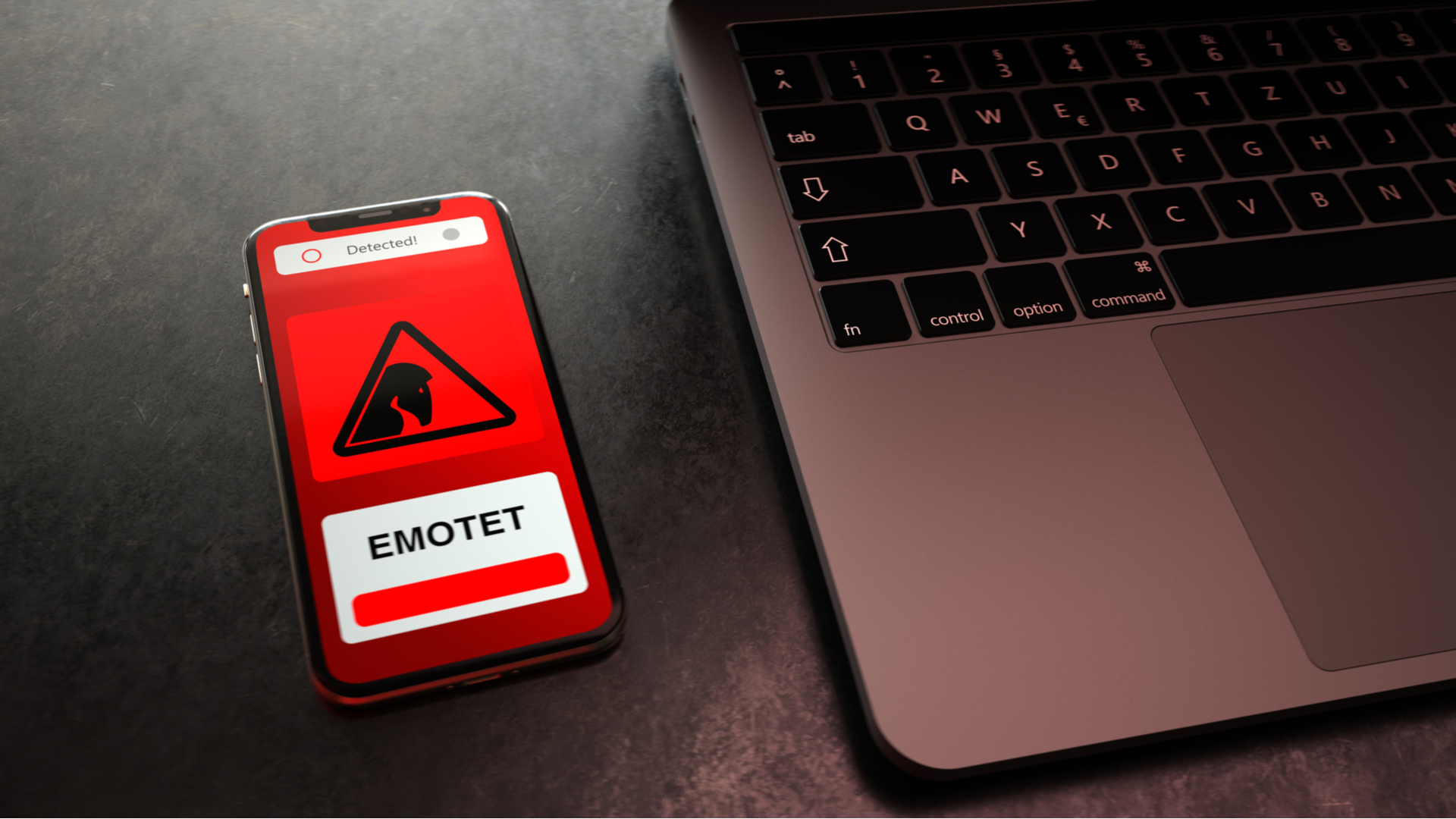Five new malware threats for 2009
It's a constant arms race between IT and the criminals - so what is the new malware tech that we can expect to see next year?

As IT gets more complex and sophisticated, so does the malware. MessageLabs revealed some of the new tricks and dangers we need to look out for next year.
1 - Mash-up malware
Web 2.0 is the ideal environment for malware which can change depending on the event or circumstances of a situation. Separately they may be harmless, but they can be constructed and combined to create a malicious attack.
With mash-ups users are able to combine data from many websites, but these can be used to construct a malicious attack. Malware-as-service will also be more common, which allows automated malware to be bought and released to order.
Cybercriminals are also very likely to find new ways to change and modify malware, making some undetectable even to the very best anti-virus solutions.
2 - Personal social network phishing
2008 saw the first time that criminals were making a much more concerted effort to phish social networking sites such as Facebook.
Get the ITPro daily newsletter
Sign up today and you will receive a free copy of our Future Focus 2025 report - the leading guidance on AI, cybersecurity and other IT challenges as per 700+ senior executives
This will continue, but as bad guys will learn the way that members use the site they will develop better tricks to collect as much personal information as they can.
Regular email phishing will be a problem, but it's unlikely to be the traditional Nigerian-style 419 scam which end up fooling you. Targeted emails are becoming more common as it becomes easier for anybody to become to phish thanks to malware-as-a-service.
3 - The battle to CAPTCHA
Surfing the net you may have noticed that CAPTCHA letters are becoming more difficult to read. This is because botnets have been advanced enough to break them thanks to CAPTCHA-breaking software.
Providers have tried to fight back by enhancing the CAPTCHA process, which usually means making the letters difficult to read so CAPTCHA breaking software won't read it.
Like many aspects of computer security, it's an arms race between the CAPTCHA provider and the CAPTCHA breaker to see who has the best technology, either for defence or attack.
4 - Increased reputation hijacking
Thanks to the discovery of a fundamental flaw in the design of the internet DNS (Domain Name Service) protocol, it is in theory possible to poison a cache and cause somebody to be given the wrong IP address when it comes to something like email or simply surfing a website.
If in 2009 criminals successfully manage to take advantage of this flaw, it could lead to extremely serious repercussions. This is because criminals would be able to masquerade as a legitimate server and create a website which many people will be fooled into divulging credit confidential details.
5 - The new botnet generation
With the major botnets suffering a few hits at the back end of 2008 due to hosting services being taken down, these could move to other areas like Russia or China which may carry the technology for a more evolved type of malware.
MessageLabs described a particularly sophisticated type of botnet using hypervisor technology. This is where malware can exist as a virtualisation layer running directly on the hardware and intercepting key operating system calls.
This would mean the real operating system will remain unaware of the existence of underlying malware which is controlling the computer
-
 Cleo attack victim list grows as Hertz confirms customer data stolen
Cleo attack victim list grows as Hertz confirms customer data stolenNews Hertz has confirmed it suffered a data breach as a result of the Cleo zero-day vulnerability in late 2024, with the car rental giant warning that customer data was stolen.
By Ross Kelly
-
 Lateral moves in tech: Why leaders should support employee mobility
Lateral moves in tech: Why leaders should support employee mobilityIn-depth Encouraging staff to switch roles can have long-term benefits for skills in the tech sector
By Keri Allan
-
 Seized database helps Europol snare botnet customers in ‘Operation Endgame’ follow-up sting
Seized database helps Europol snare botnet customers in ‘Operation Endgame’ follow-up stingNews Europol has detained several people believed to be involved in a botnet operation as part of a follow-up to a major takedown last year.
By Emma Woollacott
-
 Horabot campaign targeted businesses for more than two years before finally being discovered
Horabot campaign targeted businesses for more than two years before finally being discoveredNews The newly-discovered Horabot botnet has attacked companies in the accounting, investment, and construction sectors in particular
By Ross Kelly
-
 Brand-new Emotet campaign socially engineers its way from detection
Brand-new Emotet campaign socially engineers its way from detectionNews This latest resurgence follows a three-month hiatus and tricks users into re-enabling dangerous VBA macros
By Ross Kelly
-
 Microsoft says “it’s just too difficult” to effectively disrupt ransomware
Microsoft says “it’s just too difficult” to effectively disrupt ransomwareNews The company details its new approach to combatting cyber crime as the underground industry drains $6 trillion from the global economy
By Connor Jones
-
 Beating the bad bots: Six ways to identify and block spam traffic
Beating the bad bots: Six ways to identify and block spam trafficIn-depth Not all traffic is good. Learn how to prevent bad bots from overrunning your website
By Sead Fadilpašić
-
 Ukraine's vigilante IT army now has a DDoS bot to automate attacks against Russia
Ukraine's vigilante IT army now has a DDoS bot to automate attacks against RussiaNews The 270,000-strong IT Army of Ukraine will now combine supporters' cloud infrastructure to strengthen the daily attacks against their invaders
By Connor Jones
-
 Microsoft's secure VBA macro rules already being bypassed by hackers
Microsoft's secure VBA macro rules already being bypassed by hackersNews Recent analysis of Emotet activity has revealed a shift away from malicious Office documents to drop malware
By Connor Jones
-
 Emotet infrastructure has almost doubled since resurgence was confirmed
Emotet infrastructure has almost doubled since resurgence was confirmedNews Researchers confirm the infrastructure has also been upgraded for a "better secured", more resilient operation
By Connor Jones